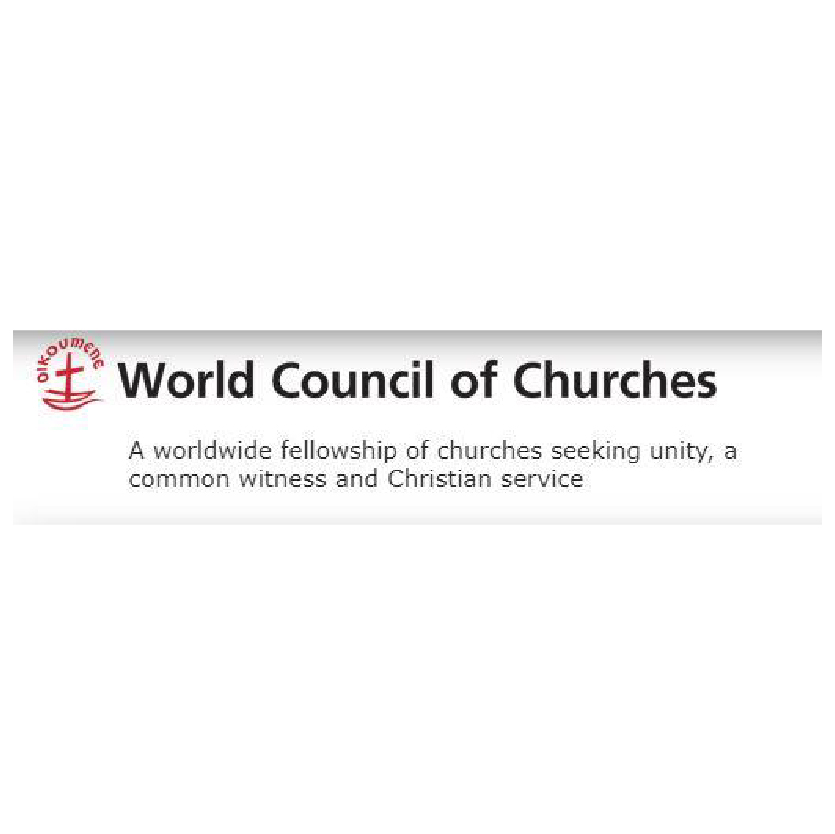The World Council of Churches (WCC) is a forward-thinking ecumenical community that brings together a multitude of denominations from across the globe. Founded in 1948, this organization stands as an emblem of collective Christian solidarity, pooling together churches that strive for unity in the pursuit of peace, justice, and the transformative message of the Gospel. While the diverse tapestry of Christianity often exhibits theological and cultural variances, the WCC serves as a crucible for cooperation, fostering dialogue and collaboration among its member churches.
At its core, the World Council of Churches embodies the ancient Christian ideal of koinonia, or communion. This concept transcends mere fellowship; it encompasses a deep, spiritual connection among believers who recognize their shared mission in Christ. The association encourages a renunciation of divisiveness that has historically splintered Christianity, urging member churches to engage with one another in a spirit of openness and understanding. In doing so, the WCC magnifies the collective voice of Christianity—an echo of hope that resonates through the annals of human history.
One of the primary aims of the WCC is to cultivate a sense of unity within Christendom. This is a weighty responsibility, particularly given the intricate theological beliefs that distinguish Protestantism, Catholicism, Orthodoxy, and other traditions. Such ecclesiastical diversity can be a matter of contention, yet the WCC advocates for a paradigm shift. It promotes an understanding that, despite these differences, churches can unite in their commitment to Christ’s teachings and work towards mutual goals, including peace and reconciliation.
Furthermore, the WCC serves as a conduit for addressing wide-ranging social issues endemic to the global landscape. Topics such as poverty, climate change, migration, and human rights are woven into its agenda, leading to collaborative efforts that transcend geographical boundaries. In an era where existential threats loom large, such initiatives are timely and consequential. The organization’s theme of “Justice and Peace” urges churches to become proactive participants in alleviating worldly suffering—a reflection of their Christian calling to serve the marginalized.
The notion of Christian witness is paramount within the WCC’s mission. However, witness extends beyond mere proclamation; it necessitates actionable faith. The Council advocates for churches to embody Christ’s teachings in their local communities, fostering an ethos of love, grace, and justice. By participating in the WCC’s activities, congregations are not only affirming their faith but are also employing that faith to effectuate real change in the world. The call to “do justice and to love kindness and to walk humbly with God” (Micah 6:8) resonates powerfully in the initiatives supported by the WCC.
Continued global conflicts and humanitarian crises often present impediments to the mission of the WCC. Nevertheless, the organization remains steadfast in its commitment to dialogue and peacemaking. The WCC’s efforts in conflict resolution, particularly in areas fraught with war, have demonstrated the potential for religious communities to advocate for peace. By engaging in conversations across denominational lines, the WCC enriches its members’ understanding of diverse perspectives, often finding common ground in the shared desire for harmony and goodwill.
Interfaith dialogue also plays an integral role in the WCC’s initiatives. In a world that is becoming increasingly pluralistic, the necessity for Christians to engage respectfully with individuals of other faiths is paramount. The WCC champions this endeavor by fostering interreligious conversations and collaborations, promoting mutual respect and understanding. This interaction opens a window to a broader understanding of spirituality, ultimately enriching the Christian experience.
Moreover, the WCC’s emphasis on education and capacity-building equips churches to adapt to contemporary challenges. Through various programs and resources, the Council empowers church leaders and congregants alike to deepen their theological education and enhance their capacity for leadership. This endeavor cultivates a generation of Christians who are not only well-versed in scripture but are also equipped to respond to the complexities of modern society with wisdom and discernment.
In today’s increasingly digital age, the WCC is also harnessing technology to foster global connections. Virtual meetings and online platforms have become vital tools for engagement. As churches navigate the post-pandemic landscape, the flexibility offered by digital communication can facilitate deeper relationships and provide vital resources to congregations, regardless of geographical restrictions. This innovative approach serves as a testament to the adaptability and resilience of the WCC’s mission, highlighting the importance of being rooted in faith while responsive to evolving contexts.
As the WCC continues its work, it prompts Christians to reimagine their role in the world. The weight of Christian witness carries profound implications; it is not merely about individual faith but encompasses a collective responsibility. The yearning for a unified body in Christ resonates deeply amid contemporary challenges, beckoning believers to venture beyond their comfort zones. The World Council of Churches offers a prophetic vision—a call to a shared journey toward an enriched understanding of faith in action.
In conclusion, the World Council of Churches stands as a beacon of hope and unity against a backdrop of disarray. The pursuit of cooperation among diverse Christian denominations serves to magnify the universal message of Christ, while its commitment to activism emphasizes the importance of reaching out to those in need. Through its work, the WCC catalyzes a transformation—not merely of institutions but of hearts, urging Christians everywhere to embrace their common calling to be instruments of peace and justice in a fractured world. The promise of a seamless Christian witness is not merely aspirational; it is a tangible reality that awaits those willing to heed the call towards greater unity and transformative action.



